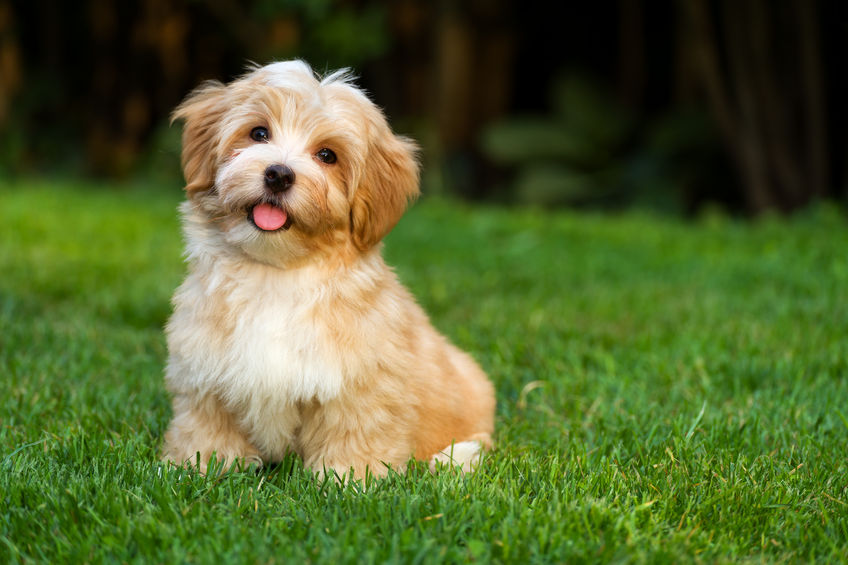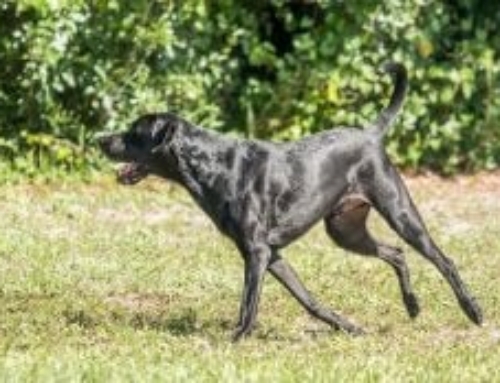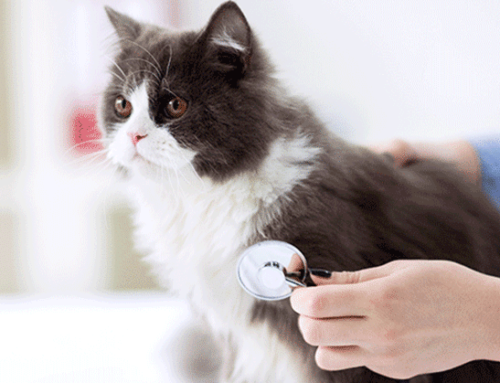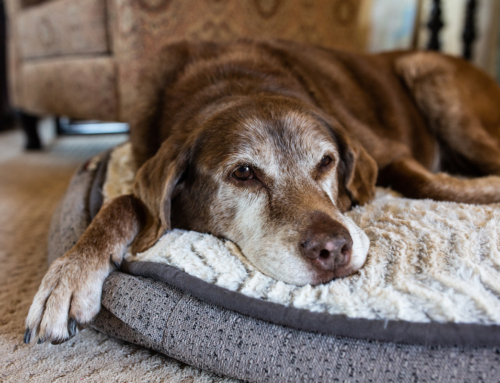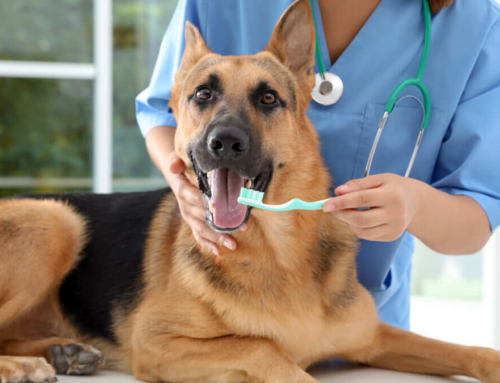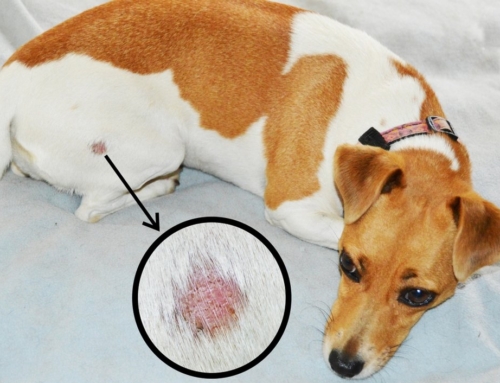Happy New Year, it’s 2020 and the start of a new decade! It’s time to celebrate and ring in the new year with family, friends, and pets.
Pets may be given extra meals or fed extra treats as the celebrations continue; as such, it is important to monitor their bowel movements to make sure your furry companions are not having indigestion from treats or meals.
While constipation and anal gland irritations can occur in all animals, small and obese dogs tend to be the ones who have these issues regularly. Keeping that in mind and being able to recognize the symptoms will allow the problem to be solved faster and thus, allow your pet to have a healthy lifestyle.
Anal Gland Expression
 Anal glands irritation is when your pet is unable to express their two anal glands, located at “4” and “8” direction on a clock, during defecation. This results in the anal glands being filled by anal fluid and can cause rupture if untended for a prolonged period of time. The symptoms are fairly easy to notice. If your pet is unable to express their anal glands themselves, they will have a tendency to rub their butt on the ground constantly.
Anal glands irritation is when your pet is unable to express their two anal glands, located at “4” and “8” direction on a clock, during defecation. This results in the anal glands being filled by anal fluid and can cause rupture if untended for a prolonged period of time. The symptoms are fairly easy to notice. If your pet is unable to express their anal glands themselves, they will have a tendency to rub their butt on the ground constantly.
This is due to an itchy sensation in their anal area. A strong “fishy” smell will also be noticeable either near the anal region of your pet or the area your pet has been sitting on. When you have noticed these symptoms from your pet, it is time to bring them into a veterinarian to have them manually expressed. If this is not done, the anal glands may rupture leading to surgery being needed to suture up the wound.
Constipation
Many obese animals are also prone to constipation. Constipation is when your pet is unable to manually relieve their bowel movement causing fecal to be stuck within their intestines. The symptom for this issue is if your pet is straining to constipate, yet nothing comes out. A decreased desire to defecate may also be a sign that your pet is constipated. Over time if this issue is not solved, other symptoms may include abdominal pain and the lack of activity.
To treat constipation at home, try to monitor the fiber intake of your pet. Fiber helps with digestion and having the wrong amount of fiber in their diet may cause constipation. Exercise and having a healthy weight will also help with bowel movements. As such, for dogs, taking them out on several walks in a day or getting them to run around in a park might help with their bowel movements. Providing your pet enough fluids will also assist with bowel movements.
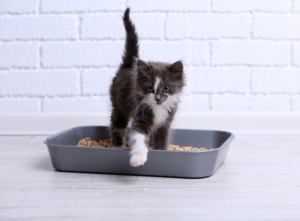 For cats that have constipation, also try placing multiple litter boxes of different shapes and sizes to stimulate their interest in relieving themselves. If all these actions still do not work, then it is highly recommended that you bring your pet into a clinic to have an enema performed and medication because constipation can lead to serious health issues over a long period of time.
For cats that have constipation, also try placing multiple litter boxes of different shapes and sizes to stimulate their interest in relieving themselves. If all these actions still do not work, then it is highly recommended that you bring your pet into a clinic to have an enema performed and medication because constipation can lead to serious health issues over a long period of time.
While the new year may be a time for celebration and a reason to provide your pets with a little extra treat or meal to include them in your celebrations. It is still important to understand the potential issues that may occur from these actions and recognize the symptoms if these problems arise. All in all, one new year resolution for all owners may be to start off the year by providing a healthy lifestyle for your furry companion.

